The story of
Ivor Cummings
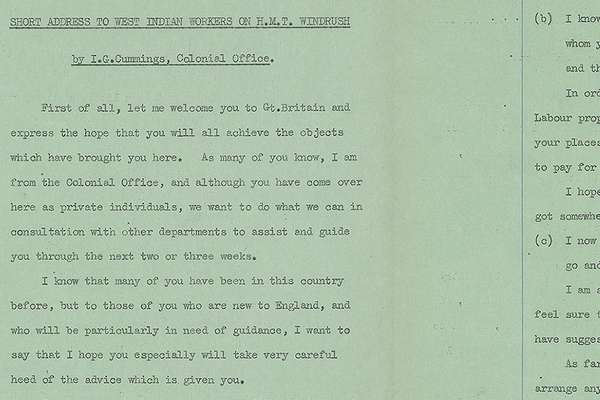
Ivor Cummings (1913–1992) greeted the iconic arrival of the Empire Windrush at Tilbury in 1948. He became known as the 'gay father of the Windrush generation'.
Official documents chart the movements of people to and from Britain over the centuries through ships’ manifests, naturalisation certificates and applications for passage. While laws and public information campaigns show the state’s responses to a changing population.
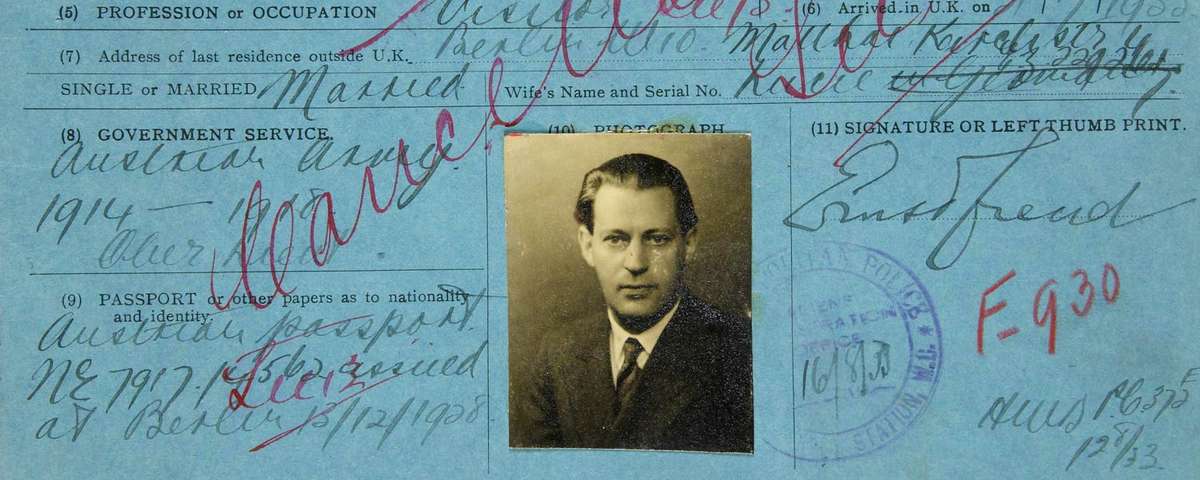
The story of

Ivor Cummings (1913–1992) greeted the iconic arrival of the Empire Windrush at Tilbury in 1948. He became known as the 'gay father of the Windrush generation'.
Record revealed
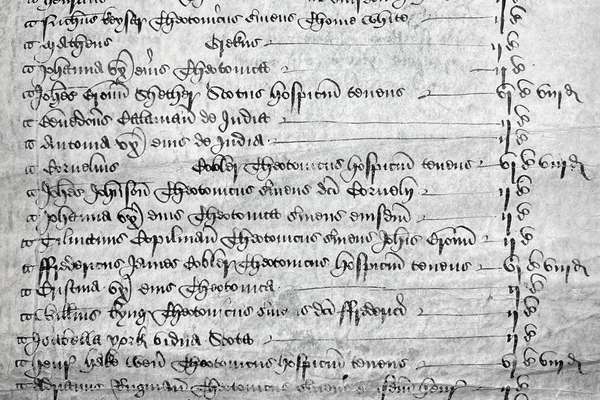
This 15th-century list of ‘alien’ residents, gathered for tax purposes, gives us a remarkable insight into London’s medieval immigrant population.
Record revealed
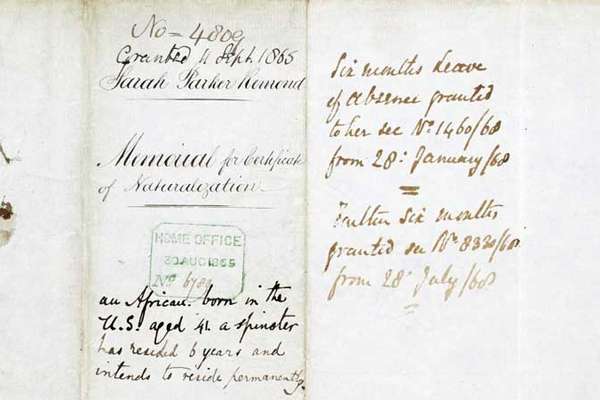
Sarah Parker Remond (1826–1894) fought for a more equal world as an abolitionist and suffrage supporter. Why and how did she apply for British citizenship?
The story of
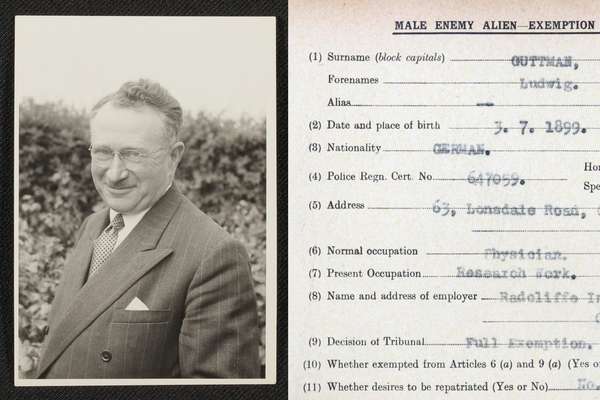
In the summer of 1948, neurologist Ludwig Guttmann set up a sporting competition between patients. It was the birth of the Paralympic Games.
Focus on
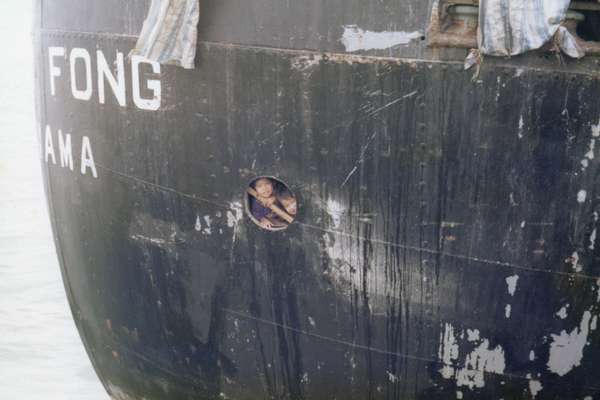
In December 1978, Vietnamese refugees seeking asylum aboard the Huey Fong were refused entry to Hong Kong. Records we hold document the 34-day standoff.
The story of
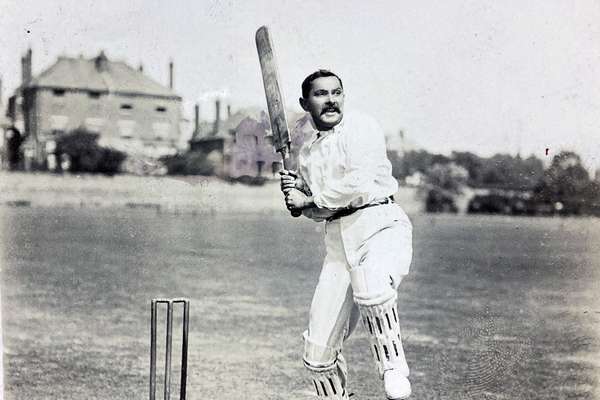
How did an Indian prince come to play at the highest level of England’s national sport?
The story of

Described by the Birmingham Post as the ‘queen of Jamaican theatre’, Louise Bennett-Coverley (1919–2006) was a poet, performer, folklorist, writer and educator.
The story of
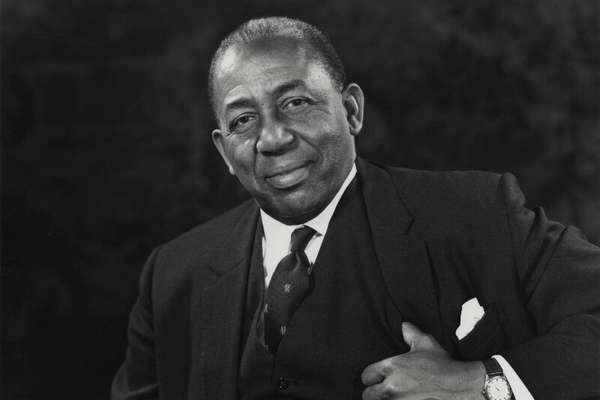
Sir Learie Constantine (1901–1971) was a renowned cricketer, author, politician and persistent campaigner for racial equality and justice.
The story of

The Imperial Typewriters dispute in Leicester saw over 500 workers, largely from South Asia, go on strike over discrimination in 1974.
Record revealed
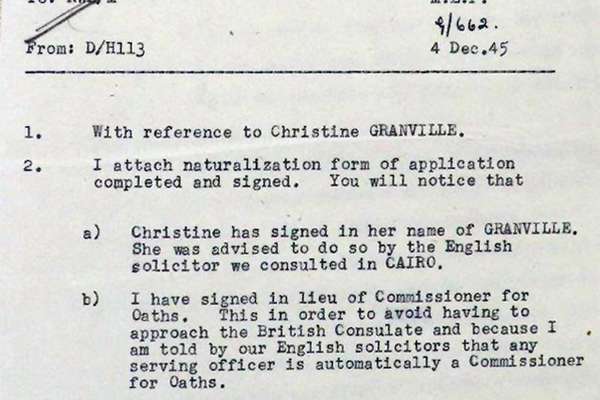
Christine Granville, Special Operations Executive agent extraordinaire, was Churchill’s favourite spy. How did this document possibly save her life?
The story of
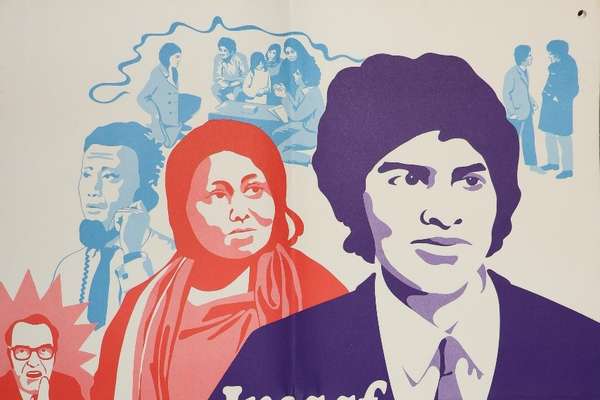
Insaaf was a film made by the government, filmed partly in Urdu, to promote employment rights under the 1968 Race Relations Act.
The story of
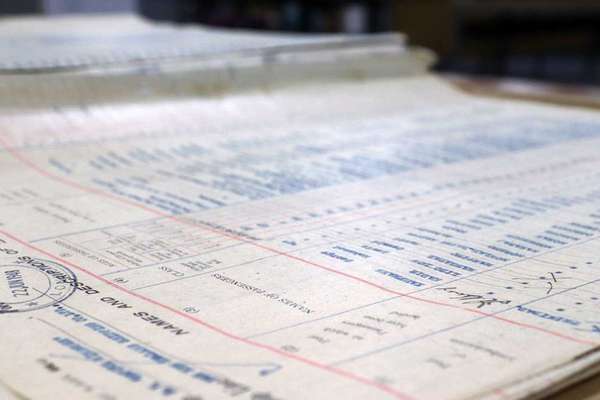
Passenger lists for the ships that carried post-war migrants from the Caribbean to Britain can be crucial resources for people tracing their family history.